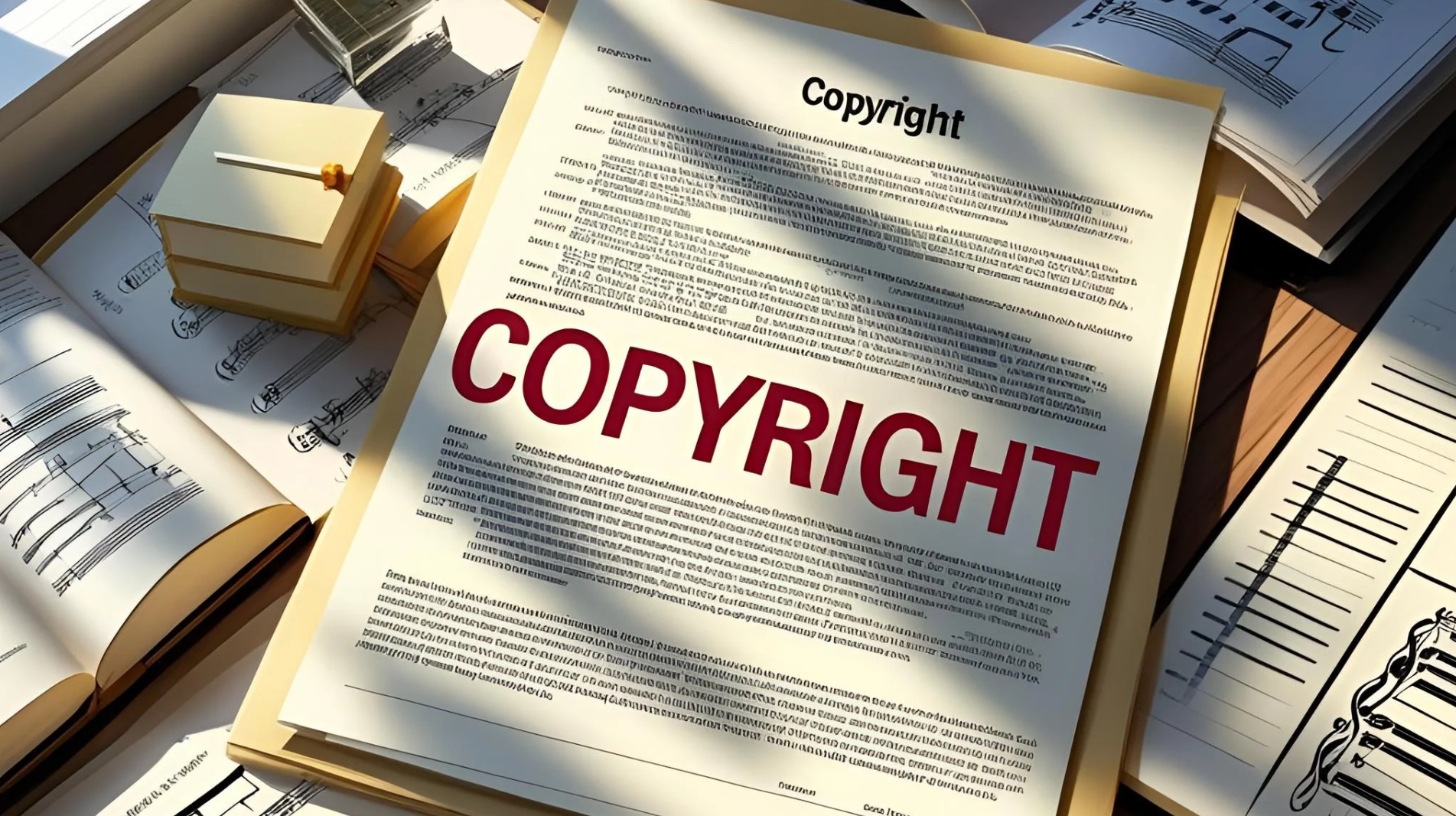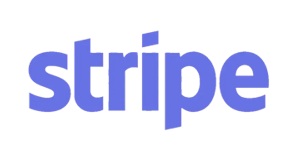Copyright is a legal concept that provides creators with exclusive rights to the use and distribution of their original works. This protection is crucial for fostering creativity and innovation, ensuring that individuals who invest time and resources into their intellectual creations can control how these works are used. By granting creators these rights, copyright serves as a framework that supports artistic and intellectual endeavors across various fields.
The types of works protected by copyright
The types of works protected by copyright are diverse and encompass a broad range of creative expressions. Examples include literary works such as books and poems, musical compositions, dramatic works, visual arts like paintings and sculptures, as well as audiovisual materials such as films and video games. This wide-reaching spectrum illustrates the versatility of copyright in safeguarding the fruits of human creativity.
Copyright operates under several fundamental principles. Primarily, the creator of an original work automatically holds copyright as soon as the work is fixed in a tangible form, whether that’s written down, recorded, or otherwise captured. This means that protection is inherent and does not require formal registration, although registering a work can enhance the creator’s legal standing in case of infringement. The term of copyright generally lasts for the life of the creator plus a specified number of years, which varies by jurisdiction. During this time, the copyright holder has the exclusive right to reproduce, distribute, display, and perform the work, as well as to create derivative works based on it.
In summary, copyright serves as an essential legal protection for original creators, covering an array of works and operating under specific principles to enhance the rights of individuals involved in the creative process. By doing so, it ultimately contributes to the flourishing of culture and innovation.

The Importance of Copyright in Creative Industries
Copyright is a fundamental legal framework that plays a pivotal role in the creative industries, safeguarding the interests of creators. The importance of copyright cannot be overstated, as it empowers artists, authors, musicians, and other content creators to maintain control over the use of their original works. Copyright grants creators the exclusive rights to reproduce, distribute, and publicly display their creations, thereby ensuring they receive the financial recognition they deserve for their efforts.
One of the primary functions of copyright is to incentivize creativity and innovation. When creators know that their work is protected, they are more likely to invest time and resources into developing new ideas. This security fosters a thriving environment for artistic expression, enabling individuals to explore their talents without the fear of unauthorized exploitation. In essence, copyright acts as a catalyst for the creative process, encouraging artists to push boundaries and engage in original thought.
Additionally, copyright helps ensure that creators can monetize their work, which is essential for sustaining a livelihood in the creative industries. The revenue generated from licensed use of their work plays a crucial role in supporting an ecosystem that includes not only individual creators but also the broader industry that promotes and disseminates their work. As such, copyright serves as a vital mechanism to balance the interests of creators with those of consumers, ultimately enriching the cultural landscape.
Moreover, copyright has significant implications in the digital age, where unauthorized use and distribution of creative works are rampant. In protecting their intellectual property, creators can take legal action against infringers, thus reinforcing the importance of copyright as a protective measure. Thus, the preservation of copyright is essential not just for individual creators, but also for the health and sustainability of the creative industries as a whole.



